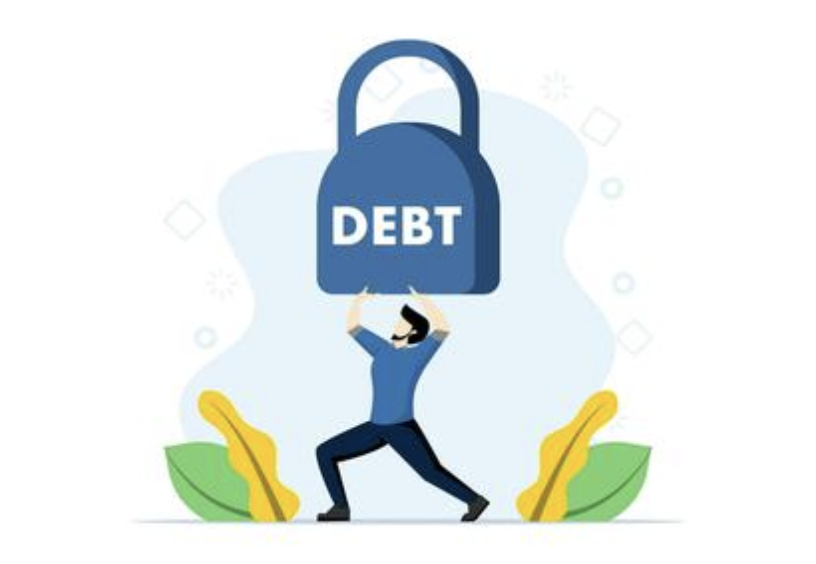Financial management apps can be a blessing and a curse for wealthy individuals. While they offer convenience, they also carry risks, as one security breach could reveal account information and confidential financial plans. To safeguard privacy, it's essential to implement more than just robust passwords; a customized, multi-faceted strategy is necessary to address the specific challenges that affluent users encounter.

Beyond Passwords: Fortifying Access Points
For individuals with considerable wealth, simple passwords are no longer enough. It’s important to utilize FIDO2 security keys—these are physical gadgets that prevent entry, even if passwords are compromised. For those using several devices, it's best to focus on biometrics: use facial recognition for transactions under \(50,000; for transactions over \(1 million, a combination of fingerprint and hardware key is recommended. Advanced applications with geo-fencing restrict access to home or office Wi-Fi, leading to lockouts and requiring verification from a private banker when foreign IPs try to log in.

Decoding Permissions: What Data Are You Sharing?
Rich users frequently ignore the permissions required by apps, which can reveal private information. For example, a wealth management app’s feature to keep location “always on” can show where a user travels, indicating to potential thieves that their home is vacant. It’s important to evaluate app permissions every three months: avoid sharing contact lists (there’s no need), camera access (except for check deposits), and microphone access (to protect against voice scams). When using investment apps, turn off the option for “sharing data with partners” because companies might sell transaction information, allowing advertisers to deduce a user’s wealth or investment tactics.
Securing the Ecosystem: Networks and Devices
The security of your app highly depends on the devices and networks it operates on. It's best to steer clear of public Wi-Fi when handling financial transactions, even if you’re using a VPN, since advanced hackers can tap into traffic on what seems to be secure connections. Instead, consider utilizing a dedicated mobile data plan that features a private APN (access point name), which providers like Verizon make available to business clients, as it secures data with end-to-end encryption. If you are using tablets or extra smartphones, install a sandbox app such as Shelter to separate your finance applications from social media and email. This helps stop malware from spreading between different programs. Make sure to regularly reset devices used for important financial transactions to combat the risk of stubborn malware that might slip past regular antivirus checks.
Detecting Red Flags: Fake Apps and Social Engineering
Wealthy individuals often become targets for fake applications that mimic real ones to steal personal information. To confirm that an app is genuine, check the developer signatures found in app stores and verify them against the official site of your bank. Be cautious of “urgent” notifications asking you to “confirm your account information”—these can be phishing attempts. Trustworthy applications seldom use pop-ups for important tasks; they typically guide users to secure sections within the app itself. To enhance your safety, consider creating a distinct email address specifically for financial applications, preventing phishing attempts aimed at your regular inbox from impacting your financial accounts.

For affluent users, maintaining privacy in finance applications revolves around control—understanding what information you disclose, ensuring its safety, and recognizing threats in advance. By implementing a layered security approach rather than seeing it as an afterthought, you can enjoy the ease of digital finance while keeping the details of your wealth safe.





